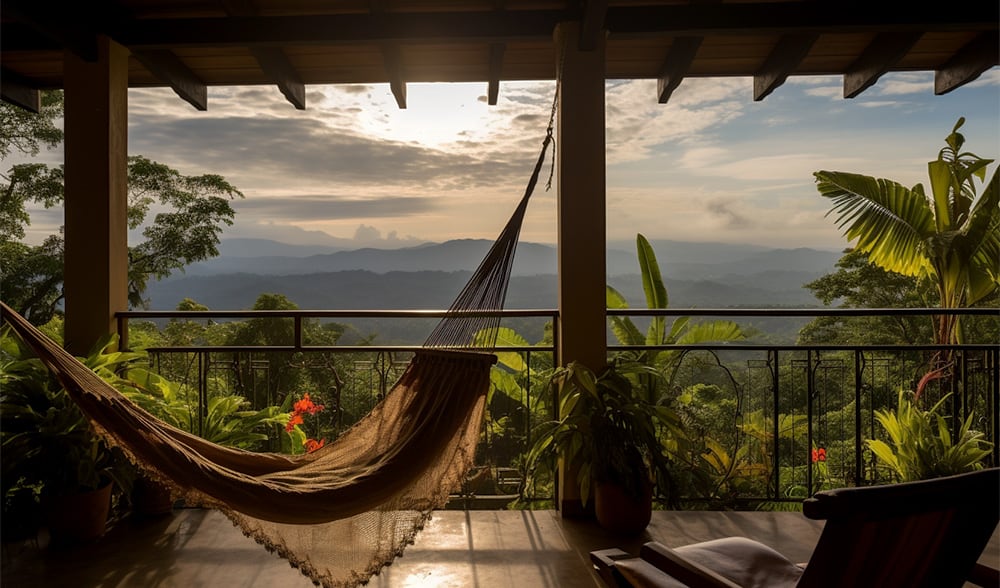Not everyone who comes to Costa Rica has a plan. While most come on a vacation that they worked out in advance, and spend a preset amount of time, others arrive without an itinerary, without a destination, sometimes without a clue. Some end up stuck on their own, and some realize too late that Costa Rica does not offer the same safety net as their home countries.
I have seen a few family intervention-extractions, where responsible family members made a trip to Costa Rica to round up a wayward family member who had spiraled out of control, due to drugs, alcohol, or some type of mental or psychological instability. In July of 2020, I was walking to catch the afternoon bus from San Isidro to the coast.
There is a large supermarket between the central park and the bus stations. It is not unusual to see scattered people seated along the wall with paper cups out, asking for spare change. A mix of colorfully clad Indigenous women with small children, half-starved street alkies, and the local homeless sit patiently for hours for a couple thousand colons. On this day, I saw only one person seated along the wall, a young, healthy looking woman of about 30.
As I passed her she looked up and our eyes met. I have met enough Europeans to sometimes distinguish between tribes, and my first thought was, “What is this young German woman doing sitting along beggars row?” I was late for my bus and did not have time to ask. Two days later I saw a facebook post with her picture. German woman missing. She was thought to have been sighted along the Central Pacific Coast, as well as San Isidro.
The post suggested she may have been off her prescribed medication. Seeing this took my breath away. I had no doubt from the photo that it was the same person I had briefly seen in passing. I went back to San Isidro that day and walked around the downtown area, hoping to spot her, but she had left town in the previous two days. About a week later I read the haunting news that she had drowned in Jaco. Earlier this year I noticed a tall gangly man in his 30s hanging out at a busy intersection south of downtown San Isidro. He was clearly an expat.
He held a sign that read “Sin plata/ Tengo Hambre. When the main through traffic was stopped, he would walk from car to car looking for a handout. One day, I was stopped and he approached my car. I asked him if he spoke English. He did. I asked where he was from. He said Ohio. I asked him why he was begging for money in Costa Rica. I told him he should go to the embassy and let them know his situation, and they would get him a ticket back to the US.
And I let him know that what he was doing here looked bad. I tried explaining to him that anyone from our country of relative riches should not be on a street in this part of the world with a sign saying you were hungry and had no money. He asked me when was the last time I was in the States. I had just gotten back and I told him it had been less than a month. He then said, “The US fell apart in 2009. It’s worse there now than in Venezuela.”
I had no answer for this, just a shake of the head before I drove away. I saw him several more times at the same intersection. Each time he came to my car, I would say, “Stop asking Ticos for money! Go to the embassy! Get a ticket back to the US!” Then came the influx of Venezuelans, and his corner was quickly occupied with several competing beggars, all of whom had much more of a backstory and a legitimate reason to look for a handout.
When the later sweep by immigration happened, he evidently got caught in the net, because I have not seen him since. There are thousands of expat stories in Costa Rica; Not all have a happy ending.

